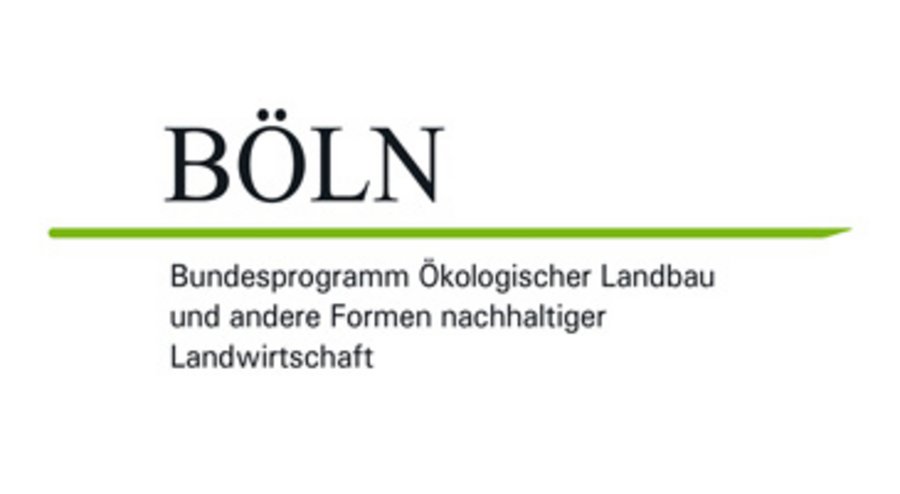
Many old regional chicken breeds in Germany are endangered of extinction. Their keeping is not economically viable even for organic farms, because the market is dominated by a few modern high-performance breeds bred especially for egg laying or meat production. In addition to the associated loss of biodiversity, there is the ethical problem of killing the male chicks from the laying lines. Solutions to these problems are now being sought by the "RegioHuhn" project, which is funded under the Federal Programme for Organic Farming and Other Forms of Sustainable Agriculture (BÖLN). The Information and Coordination Centre for Biological Diversity (IBV) of the Federal Office for Agriculture and Food (BLE) has supported the project development by bringing the various stakeholders together.
The three-year project will investigate the usability of six local and endangered chicken breeds, such as the Ostfriesische Möwe or the Mechelner Chicken, in organic farming. By means of cross-breeding, new dual-purpose chickens are to be bred on the basis of these old breeds, which are also suitable for economically viable husbandry in a regional agricultural practice. In this way, the Friedrich-Loeffler-Institute for Farm Animal Genetics in Mariensee (FLI-ING), together with the Bavarian State Institute for Agriculture (LfL/BaySG Kitzingen), the University of Bonn and the expert advisory service for Naturland, wants to show a new way for a more sustainable regional poultry production.
Preserving the diversity of regional breeds - ensuring the sustainability of poultry farming
"The diversity of local chicken breeds can best be preserved by using them," emphasizes project leader Prof. Dr. Steffen Weigend from the Friedrich-Loeffler-Institute. At FLI-ING, the focus of the investigations is on the local breeds of Ostfriesiche Möwen and Ramelsloher chicken, at LfL Kitzingen on the Altsteirer and Augsburger, and at the University of Bonn on the Bielefelder Kennhuhn and Mechelner. Private breeders support the project by providing hatching eggs.
These old breeds of chickens are characterised above all by their greater robustness, but as traditional dual-purpose chickens they lag far behind modern laying and fattening lines in terms of performance. Therefore, by crossing with animals from performance breeding, so-called utility crosses are to be found, which are subjected to a laying performance test as well as a fattening and slaughter performance test.
Testing husbandry and regional marketing in practice
"We hope to find dual-purpose chickens that perform well and are easy to keep", explains Werner Vogt-Kaute from the Naturland advisory service. In order to ensure that the project has practical relevance, various Naturland farms with poultry farming and direct marketing will be involved in the project. Naturland's farms are to test the performance of the animals and the marketing of regional products in practice.
Further information to the conservation and sustainable use of local livestock
